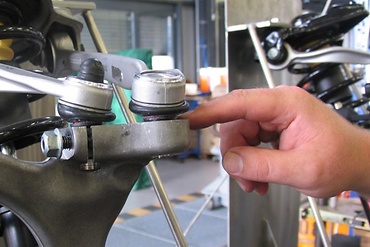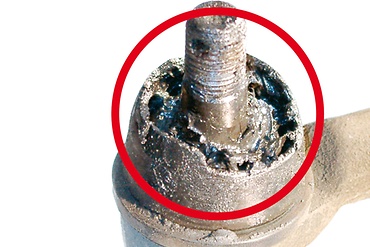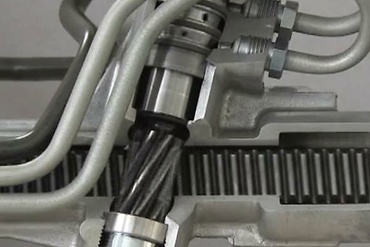Noise coming from near the axles is often difficult to locate. The many different components in a passenger car axle often make a fast, reliable diagnosis a timeconsuming process. The first thing to check is then normally the suspension, stabilizer links, tie rods and compression ball joints. The stabilizer is a component that tends to be overlooked during troubleshooting. Increased car noise, especially during suspension compression and rebound or when cornering may well point to worn, worn-out or otherwise defective stabilizer bearings, stabilizer mounts, stabilizer rubbers or stabilizer bushings. If a defect was determined here as the cause, fitting a new stabilizer mount can solve the issue.
How-to-guide
Tip: Conduct the diagnosis on a 4-post lifting platform. This ensures a noise is not produced falsely or eliminated as the axle rebounds.
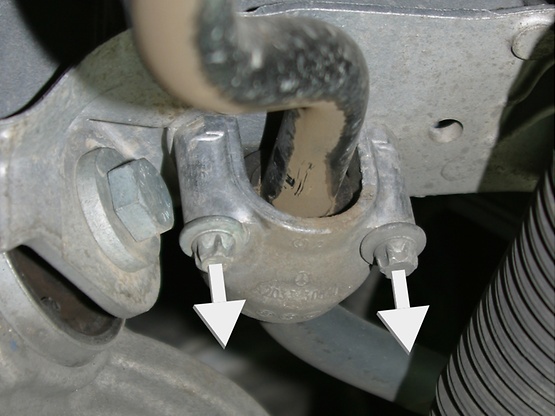
- Raise and secure vehicle.
- Remove lower engine cover (if present).
- On vehicles with xenon headlights also disconnect the rod on the level sensor.
- Remove mounting bolts of the stabilizer mounts - remove mount cover and rubber parts.
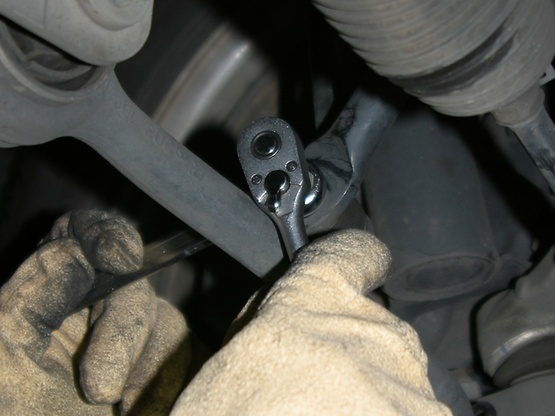
- Loosen and remove stabilizer mounting bolts on the stabilizer rods (stabilizer links).
- Clean stabilizer thoroughly.
Note: Some stabilizer mounts have sealing sleeves. These can be damaged if dirt accumulates on the stabilizer during assembly!
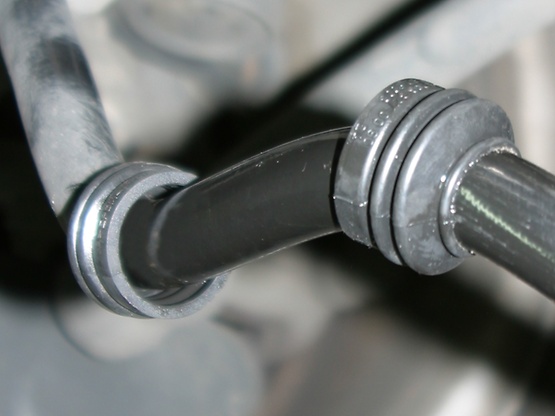
- Push sealing sleeves (depending on design) over the stabilizer. Note the installation position of the sleeves.
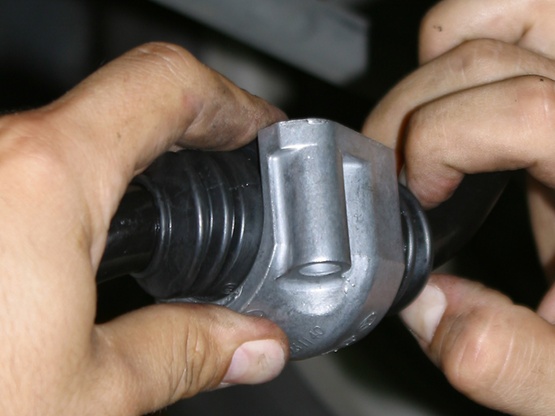
- Place rubber bearings and mount cover between the sleeves (depending on design).
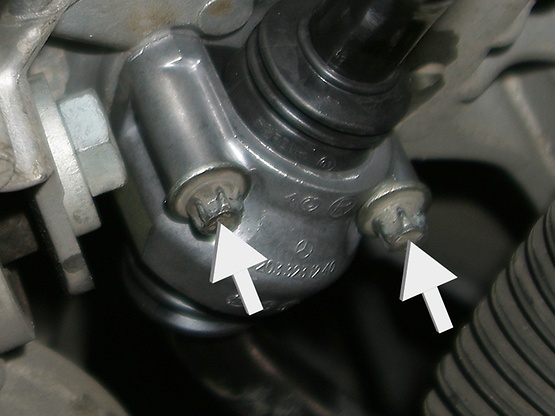
- Move stabilizer into installation position and tighten the mount cover with the specified torque.
- Affix stabilizer mounting bolts to the stabilizer rods and tighten with the specified torque.
Note: Always use new self-locking nuts and bolts for a reliable repair.
- Complete vehicle:
- On vehicles with xenon headlights, connect the rod on the level sensor and, where necessary, adjust the headlights.
- Fit lower engine cover.
- Perform a test drive.
Note: When performing the test drive, pay special attention to the handling while cornering and listen out for unusual noises!
ZF Aftermarket product range
Discover the complete portfolio of steering components in our product catalog.
